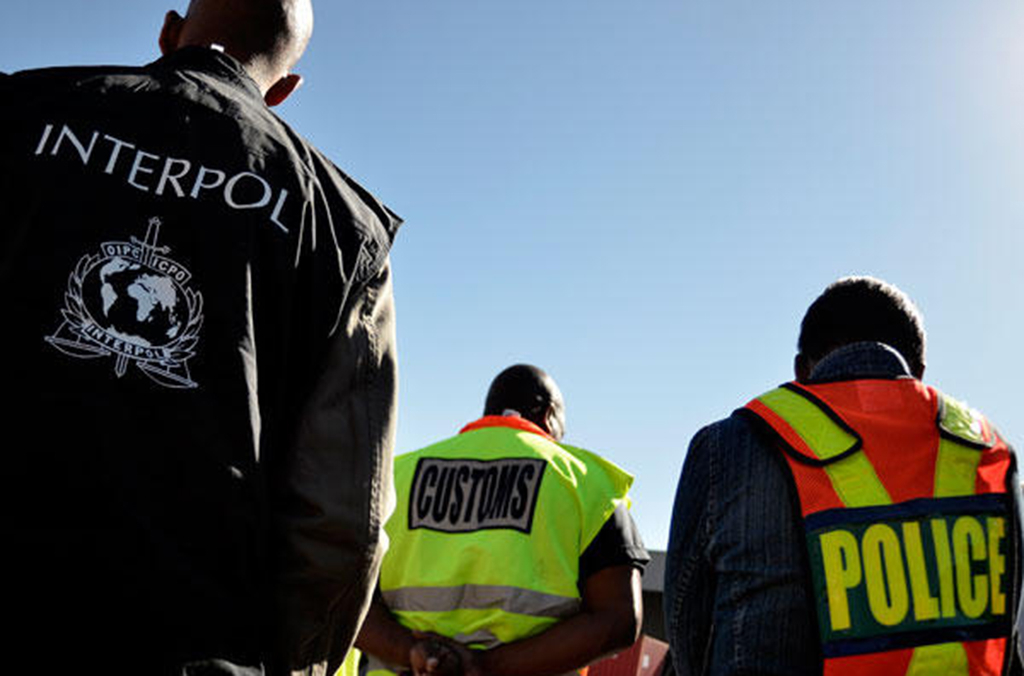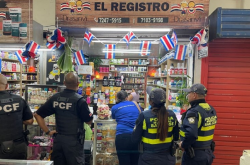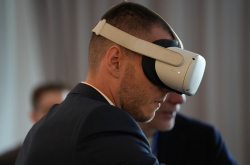There is a clear link between illicit trade and other types of crime, such as human trafficking, drug trafficking, corruption, bribery and money laundering. Illicit trade damages the global economy and harms public health worldwide. All regions of the world and all industry sectors are affected.

Risks to consumers
Not only is there a negative impact on legitimate companies and government revenues, but illicit products are often sub-standard, causing health problems and injuries, even proving fatal.
Counterfeit car and mechanical parts can cause accidents. Counterfeit building materials are known to be used in the construction of power plants, with potentially disastrous consequences.
Illicit food products and drinks can contain toxic ingredients, as can cosmetics and body care products, while electrical goods can cause fires or explosions.
As for illicit medicines, they often contain the wrong amount of active ingredient (too little, too much, or none at all).
Patients across the world put their health at risk by taking fake drugs or genuine drugs that have been badly stored or that have expired. The victims are often unaware of how or why they have been affected.
Illicit practices
The trafficking in illicit goods spans a number of practices including:
- counterfeiting
- piracy
- falsification
- adulteration of products
- smuggling of genuine products
- tax evasion.

High profits, low risk
Organized criminal groups can make huge profits through illicit trade with minimal risk.
Penalties and sentences for crimes in illicit trade are weaker than for other types of trafficking, for example, drugs.
Generally speaking, this is an area of crime that is under-resourced and many countries do not have enough specialized investigators, prosecutors and judges.
By contrast, organized criminal groups are very sophisticated and able to draw on highly developed logistical skills, connections and resources.
They are quick to adapt to market changes and exploit existing systems – business, shipping, financial or online – for illegal benefit.
Abuse of technology and legitimate trade
Technology is changing the nature of all crimes including illicit trafficking. The Internet, while bringing advantages to societies all over the world, is also exploited for criminal purposes.
Websites, social media, mobile devices, Internet marketplaces, the DarkWeb and cryptocurrencies enable organized criminal groups to operate on an increased scale. These fast-evolving methods present ongoing challenges for the law enforcement community.
On a physical level, free trade zones are increasingly popular areas for illicit trade. Criminals take advantage of the relaxed tax and customs regulations that are intended as incentives for foreign investments.
A complex geographical flow
Illicit trade is a global phenomenon as its underlying activities involve multiple countries.
The mastermind of an illicit trade operation may be located in country A, while the goods could be illegally produced in country B, distributed through country C and delivered to country D. They could be sold further through the Internet using a server based in country E, and the illegal gains may re-enter the global financial system through illicit processes such as money laundering taking place in country F.
This makes cooperation among law enforcement officials in different countries essential and this is where INTERPOL plays a vital role.
Related news

Global illicit medicines targeted by INTERPOL operation
31 October 2023





